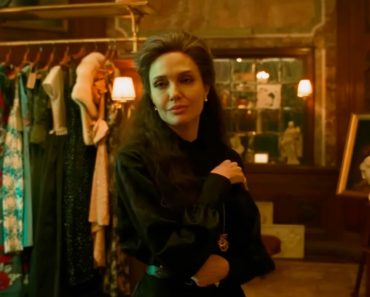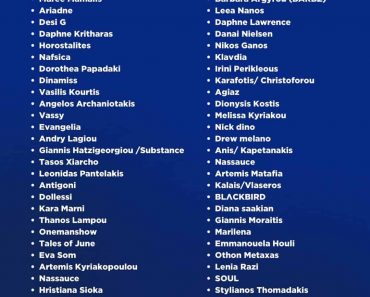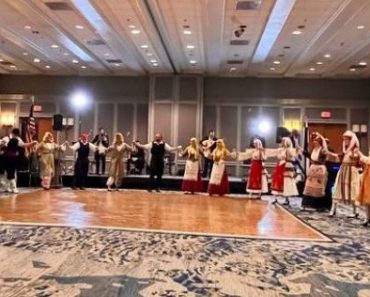By Christina Savopoulos
Australia’s multicultural space allows its film industry to depict and dissect the cultural lives of those who reside Down Under. The 1970s Racial Discrimination Act saw Australian films move from the dominate white male narrative to a more representative view of the country’s residents.
The recent 29th Greek Film Festival made me reflect on Australian films with an emphasis on Greek culture. Representation can consist of an entirely thorough exploration of Greek culture, or simply feature cast and crew of Greek descent.
I’ve curated a short list of films where Greek and Australian culture merge; some lean into the effects of the migrant journey on forming relationships, while others take a comedic approach. Depicting culture on screen always presents risks of misrepresentation or leaning into stereotypes, but these films eloquently handle the task.
Kostas (1979, dir. Paul Cox)
Funded by the Victorian Film Corporation, the 1979 film Kostas,follows a Greek taxi driver in Australia and his relationship with one of his passengers. Their connection struggles against barriers of ethnicity and the migrant experience. The film does not shy away from depicting the subtle racism migrants faced. Ultimately, with music from Mikis Theodorakis, the film’s dreamy ‘70s aesthetic is essentially a love letter to Melbourne’s streets, Greek spaces, and art galleries.

Head On (1998, dir. Ana Kokkinos)
Ana Kokkinos’ renowned film Head On, adapted from Christos Tsiolkas’ novel Loaded, centers on Ari, torn between his community’s expectations of his identity and his own. Refusing to conform, he rejects all norms and explores his sexuality against the backdrop of Melbourne’s ‘90s night life. The queer and grunge aesthetic of Head On opened up a conversation about the harsher aspects of Greek culture and how second-generation Greek Australians struggle to form their cultural identity.

Bad Language (2010, dir. Viron Papadopoulos)
A suburban kafeneio. Illegal gambling. Miscommunication. Viron Papadopoulos’ Tropfest finalist, comedic short film Bad Language, sees young Bill operate his uncle’s gambling game for several hours. What ensues is a comedic attempt from both Bill and the elderly Greek gamblers to one up each other to see who can go the longest without speaking in their native tongues.

You Know What? I Love You (2012, dir. Natalie Cunningham)
The short documentary You Know What? I Love You feels like a warm hug from yiayia. Natalie Cunningham invites us to sit with her and her yiayia one afternoon as they spend time in the garden, bake koulourakia, and discuss their lives. It’s a beautiful short which captures the connection between different generations of Greeks.

Utopia (2019, dir. Kosta Nikas)
Kosta Nikas’ 2019 short film Utopia is an alternate reality of Australia where all actions are severely policed, reminiscent of George Orwell’s 1984. The film comments on society’s ever-growing surveillance tactics. Nikas’ film has not ventured down the path of domestic Greek culture, rather featuring a dominantly Greek cast in a futuristic world.

A balance between varying types of representation is integral for accurate and realistic depictions of the intricacies of Greek Australian culture. Have you ever seen your experience on screen? Let’s hope that with the number of rising Greek Australian artists there is an influx of content to situate Greeks in Australia’s multicultural film space.







